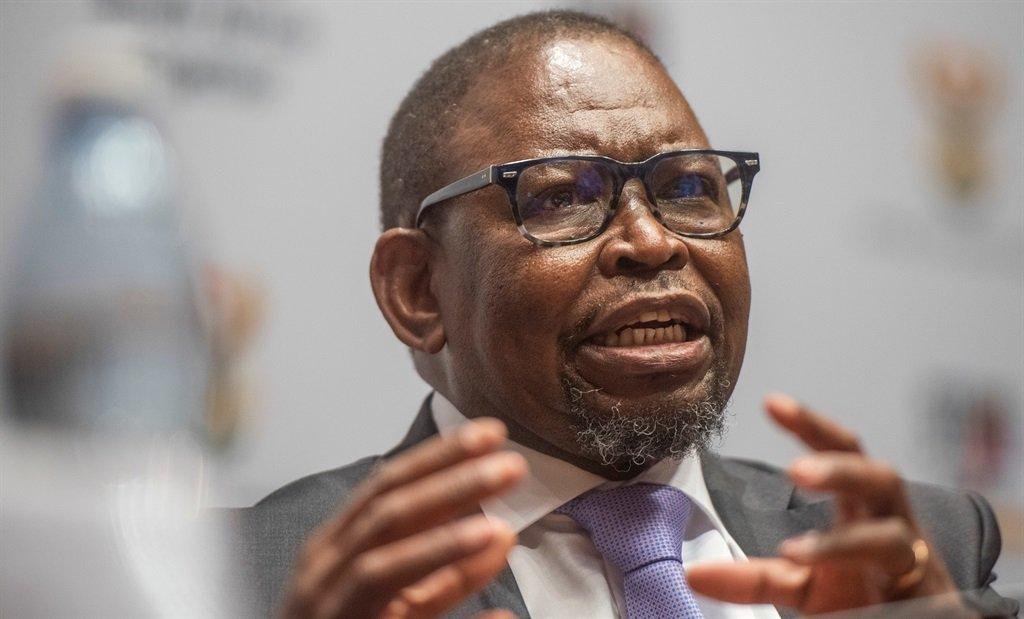Africa-Press – South-Africa. Between 2019 and 2022, Eskom received the lion’s share of government bailouts – R230 billion – but the power utility has failed to meet its mandate of providing a reliable supply of electricity, says Finance Minister Enoch Godongwana.
Godongwana believes the budget distribution model he oversees should be investigated.
The minister explained to delegates at the Local Government Summit in Boksburg, east of Johannesburg, on Tuesday, why municipalities, provinces and national departments had significant budget cuts in recent years.
He said municipalities and the South African Local Government Association (Salga) complained about the cutting of funds, but they were not the only victims.
Godongwana said the South African Police Service (SAPS) had a budget of R100 billion, and this figure was still not enough.
“The police budget is R100 billion. They still need more because, at the current levels of 167 000 staff, they still have fewer police than they had in 2020,” he said.
The minister admitted that municipalities, government departments and state functions such as the police and the military had their funding slashed to help boost state-owned enterprises (SOEs), mainly Eskom.
Godongwana said:
“During that period, SOEs got R294 billion. I admit that this period is where all departments, provinces and municipalities lost money, and that trajectory needs to be changed. That’s my view.
“Eskom alone, we don’t have lights today, and they got R230 billion between 2019 and this year. Eskom alone, but we don’t have lights. All I’m trying to say is that those are wrong budget choices, and part of what we need to do now is change that trajectory,” he said.
Godongwana said it was essential to improve municipalities’ baseline and funding. He said he understood the challenges, but national departments were also clamouring him for funds.
The minister touched on underspending, saying there was a demand for funds in some situations while there were no plans.
He said national and provincial departments had underspent R17 billion and R11 billion, respectively, last year. He said National Treasury took this money back.
“When you do not spend the money, I jump into that money, and I do not give it to another municipality,” Godongwana said, explaining why unspent budgets were taken back by National Treasury.
Earlier at the summit, Cooperative Governance and Traditional Affairs Minister Nkosazana Dlamini-Zuma said the funding method for municipalities had to be changed to help boost their performance.
Municipalities rely on a mixed model for generating funding, including grants, revenue income from rates, taxes, and loans.
For More News And Analysis About South-Africa Follow Africa-Press






